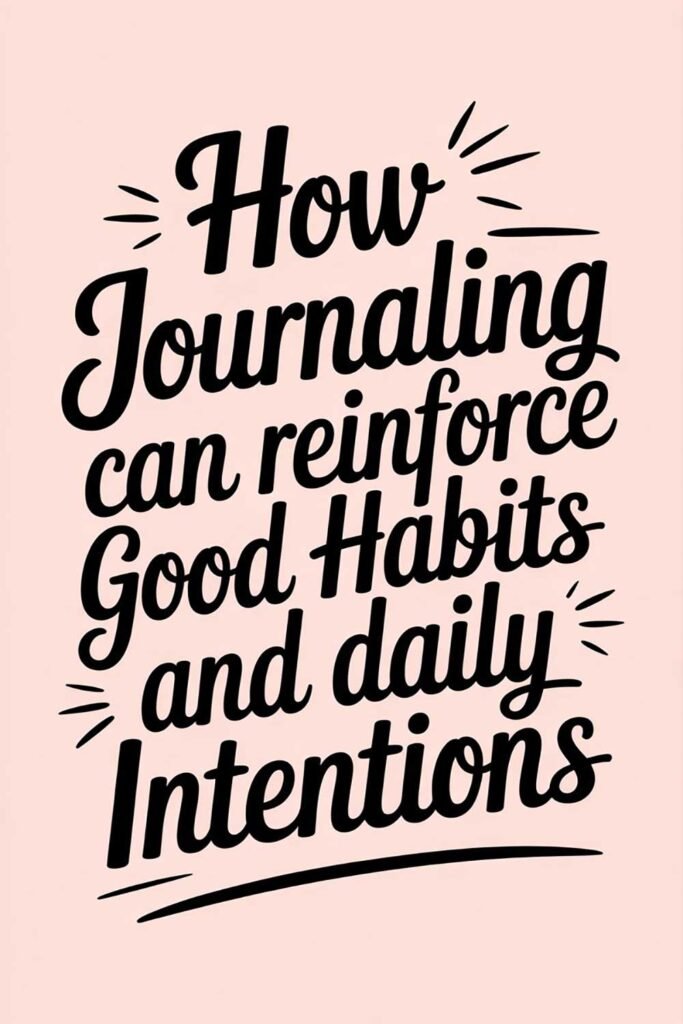How to Create a Weekly Money-Saving Habit
Saving money doesn’t have to feel overwhelming. In fact, when you approach it with consistency and strategy, saving can become as routine as brushing your teeth. One of the most powerful and achievable ways to build long-term financial security is by creating a weekly money-saving habit.
This method works for every income level, and over time, those small weekly deposits can lead to major wins: emergency funds, debt freedom, vacation savings, or even your first home.
In this article, you’ll learn how to build this habit step-by-step, why it works, how to stay motivated, and how real people are using it to transform their finances.
Why Weekly Saving Works
Saving weekly instead of monthly keeps your goals top-of-mind and allows for smaller, more manageable deposits. It reduces the temptation to skip and builds momentum through repetition.
Benefits include:
- Immediate sense of progress
- Reduced financial stress
- Easier to adapt your budget
- Reinforces positive financial behaviors
Real-life example:
Jasmine used to wait until the end of each month to save “what was left.” Most months, that meant saving nothing. When she switched to saving $25 every Friday, she built a $1,300 emergency fund in one year—without noticing the strain.
1. Choose Your Savings Goal
Every habit needs a reason. Define your “why”:
- Emergency fund
- Vacation
- Holiday gifts
- Down payment
- Paying off a credit card
Make it specific: Instead of saying “I want to save money,” say “I want to save $1,000 for holiday gifts by December 1.”
Real-life example:
Carlos wanted to take his kids to Disney World. He set a goal to save $2,000 in 10 months. That required saving $50 weekly, which he automated.
2. Start Small and Build Momentum
You don’t need to start big. Even $5/week adds up. The key is consistency.
Try this plan:
- Week 1: Save $5
- Week 2: Save $10
- Week 3: Save $15
- Week 4: Save $20
By gradually increasing, you get used to saving without shocking your budget.
Real-life example:
Emma was on a tight budget after college but committed to saving $10/week. After 6 months, she had $240 saved—enough to cover an unexpected car repair.
3. Automate Your Weekly Savings
Set it and forget it. Most banks and apps allow you to automate transfers to a savings account weekly.
Benefits:
- Removes temptation
- Reduces mental load
- Makes saving a priority, not an afterthought
Real-life example:
Derek set up a recurring $20 transfer every Friday to a separate online savings account. After 12 months, he had over $1,000 saved—effortlessly.
4. Make It a Ritual
Link saving to an existing habit to make it stick. For example:
- Save after your weekly grocery run
- Transfer money every Friday after payday
- Do a weekly “finance check-in” with your partner
Real-life example:
Ali and his wife do “Finance Fridays,” where they review expenses and transfer money to savings. It turned into a bonding activity and boosted their financial confidence.
5. Track Your Progress Visually
Seeing your results builds motivation.
Use:
- A money-saving chart
- A digital app with goal trackers
- A jar with cash or visual tokens
Real-life example:
Samantha printed a $1,000 savings tracker and taped it to her fridge. Every week she colored in a block. Watching it fill up kept her consistent.
6. Reward Your Milestones
Incentivize your discipline with small, budget-friendly treats:
- A fancy coffee after 8 weeks of saving
- A movie night after hitting $500
- A break from saving for 1 week after a major milestone
Real-life example:
Monica rewarded herself with a bubble bath and new journal every time she saved $250. It made saving joyful, not restrictive.
7. Use the 52-Week Challenge
This viral method helps you build momentum by saving slightly more each week:
- Week 1: Save $1
- Week 2: Save $2
- Week 3: Save $3
- …
- Week 52: Save $52
By the end, you’ll have $1,378 saved!
Real-life example:
Jordan printed the 52-week chart and posted it near his desk. He finished the challenge and used the money to pay off a credit card.
8. Pair Saving With Budget Cuts
Combine saving with cutting back on weekly spending:
- Skip 1 takeout meal
- Use coupons for groceries
- Do a no-spend weekend
Put that money immediately into savings.
Real-life example:
Tina gave up her $8 weekly coffee run and transferred the savings each Monday. Over 6 months, she saved $192 without feeling deprived.
9. Turn It Into a Family Habit
Get the whole household involved:
- Create a shared goal (like vacation or holiday fund)
- Let kids color savings charts
- Celebrate milestones together
Real-life example:
The Smith family saved $1,500 in 10 months for a road trip by assigning everyone a weekly contribution. Even their kids chipped in with lemonade stand earnings.
10. Revisit and Adjust Every Month
Check in regularly:
- Are you saving too little or too much?
- Has your income changed?
- Is your goal still relevant?
Real-life example:
Angela started with $25/week but increased to $40 after a raise. She reached her goal faster and adjusted for a new one.
20 Quotes to Inspire Your Weekly Savings Habit
- “Do not save what is left after spending, but spend what is left after saving.” – Warren Buffett
- “The habit of saving is itself an education; it fosters every virtue.” – T.T. Munger
- “Little by little, a little becomes a lot.” – Tanzanian Proverb
- “A penny saved is a penny earned.” – Benjamin Franklin
- “Success is the sum of small efforts, repeated day in and day out.” – Robert Collier
- “Don’t save what is left after spending. Spend what is left after saving.” – Warren Buffett
- “Wealth consists not in having great possessions, but in having few wants.” – Epictetus
- “Saving money is the first step to financial freedom.” – Dave Ramsey
- “Start where you are. Use what you have. Do what you can.” – Arthur Ashe
- “You must gain control over your money or the lack of it will forever control you.” – Dave Ramsey
- “Financial peace isn’t the acquisition of stuff. It’s learning to live on less than you make.” – Dave Ramsey
- “Money looks better in the bank than on your feet.” – Sophia Amoruso
- “Do something today that your future self will thank you for.” – Sean Patrick Flanery
- “Saving money is good for your soul.” – Suze Orman
- “It’s not about having more. It’s about knowing what to do with what you have.” – Unknown
- “Make saving a habit, not a chore.” – Unknown
- “The best time to start saving was yesterday. The next best time is now.” – Unknown
- “Save money and money will save you.” – Jamaican Proverb
- “The future depends on what you do today.” – Mahatma Gandhi
- “Every dollar you save is a vote for your future.” – Unknown
🧰 Picture This
Imagine checking your bank app at the end of the year and seeing $1,000+ saved. No windfall. No extra income. Just the result of a simple weekly habit you stuck to. You feel proud. You feel prepared. You realize that you’re not just saving money—you’re building a better, more secure version of yourself.
Wouldn’t that be amazing? What will you save for this week?
💬 Please Share This Article
If this article inspired you to take control of your savings, please share it with a friend, a coworker, or on social media. You never know who might need this encouragement.
⚠️ Disclaimer
This article is based on personal experiences and research. It is intended for informational purposes only and not as professional financial advice. Please consult a financial advisor for personalized guidance. Results may vary.






